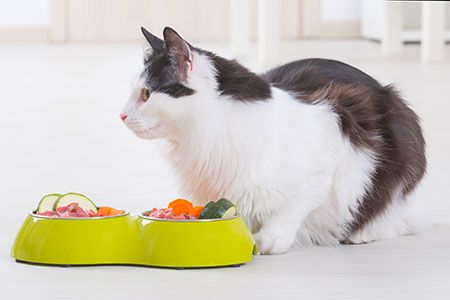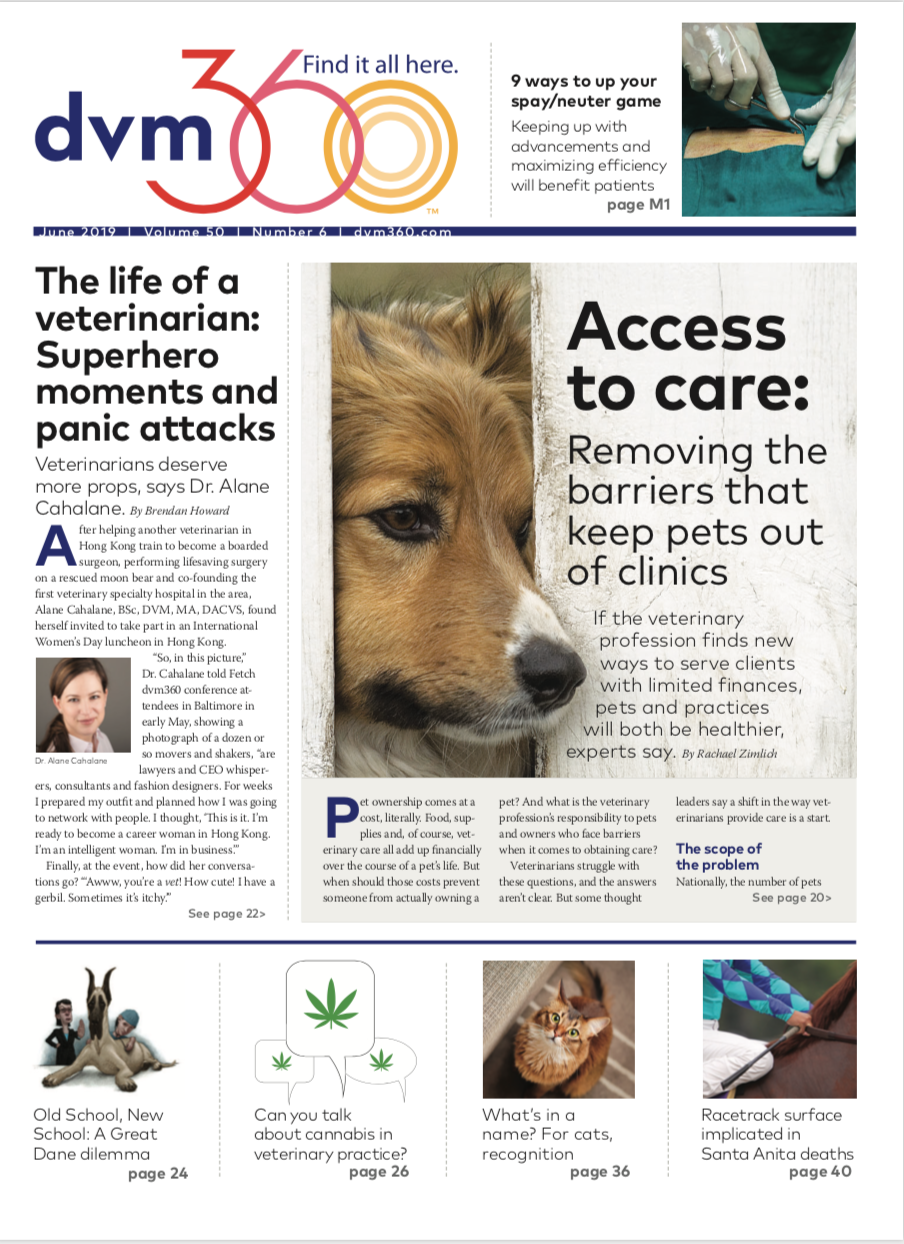UC Davis study: Homemade feline diets nutritionally inadequate
Not only do these diets lack essential nutrients, some may contain ingredients toxic to cats.
Monika Wisniewska/stock.adobe.com

A study performed by researchers at the University of California, Davis, found that many homemade cat food recipes didn't include all the nutrients cats need, and they potentially contain ingredients that are toxic to cats, according to a release from the university.
Published in the May 15 issue of the Journal of the American Veterinary Medical Association (JAVMA), the study evaluated 114 recipes from online sources and books, written by both veterinarians and nonveterinarians. It found that 40% didn't give feeding instructions, and the remaining recipes were unclear or lacked detail.
“Only 94 recipes provided enough information for computer nutritional analysis and, of those, none of them provided all the essential nutrients to meet the National Research Council's recommended allowances for adult cats,” says lead author Jennifer Larsen, DVM, PhD, DACVN, UC Davis veterinary professor, in the release.
Regardless of whether the recipes were written by veterinarians or nonveterinarians, they still lacked nutrients, though the recipes authored by veterinarians had fewer deficiencies in essential nutrients, the release states. The study found that most recipes were lacking concentrations of three or more nutrients, with some deficient in up to 19 essential nutrients. Further, many had severe deficiencies, offering less than 50% of the recommended amount of several essential nutrients, including choline, iron, zinc, thiamin, vitamin E and manganese.
So would these recipes actually harm cats? It would vary based on feeding instructions, the length of time the cat ate the diet, the overall health of the cat and the degree of the recipe's nutritional deficiency, the release states. The researchers found just five recipes, all authored by veterinarians, that met all but one of the essential nutrients.
Several recipes (7%) called for ingredients that are potentially toxic to cats, such as garlic, onions and leeks. The researchers also found recipes that called for raw animal products without mentioning the potential for bacterial contamination. Recipes that included bones failed to mention the importance of grinding them to prevent gastrointestinal tears, the release continues.
Dr. Larsen says in the release that there was a large increase in cat owners switching their pets to homemade cat food recipes after toxic substances were found in commercial pet food imported from China more than a decade ago. Other cat owners choose homemade because they want more control over their cat's diet. Still others believe their cat should eat a diet with sustainably sourced, organic or vegetarian ingredients. But Dr. Larsen recommends that cat owners be cautious about homemade recipes.
“Homemade diets are not necessarily better,” she says. “If you are going to use one, you have to make sure you do it safely, and they should be balanced and appropriate for your individual cat.”
Cat owners shouldn't be afraid of commercial diets, Dr. Larsen continues, but recommends those who want to feed a homemade diet consult with a board-certified veterinary nutritionist who specializes in creating homemade diets for pets.
